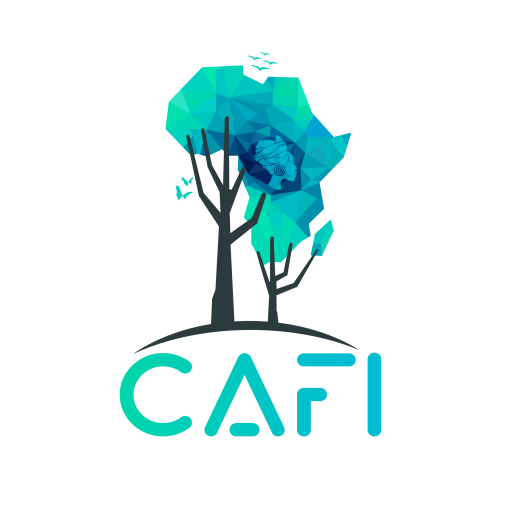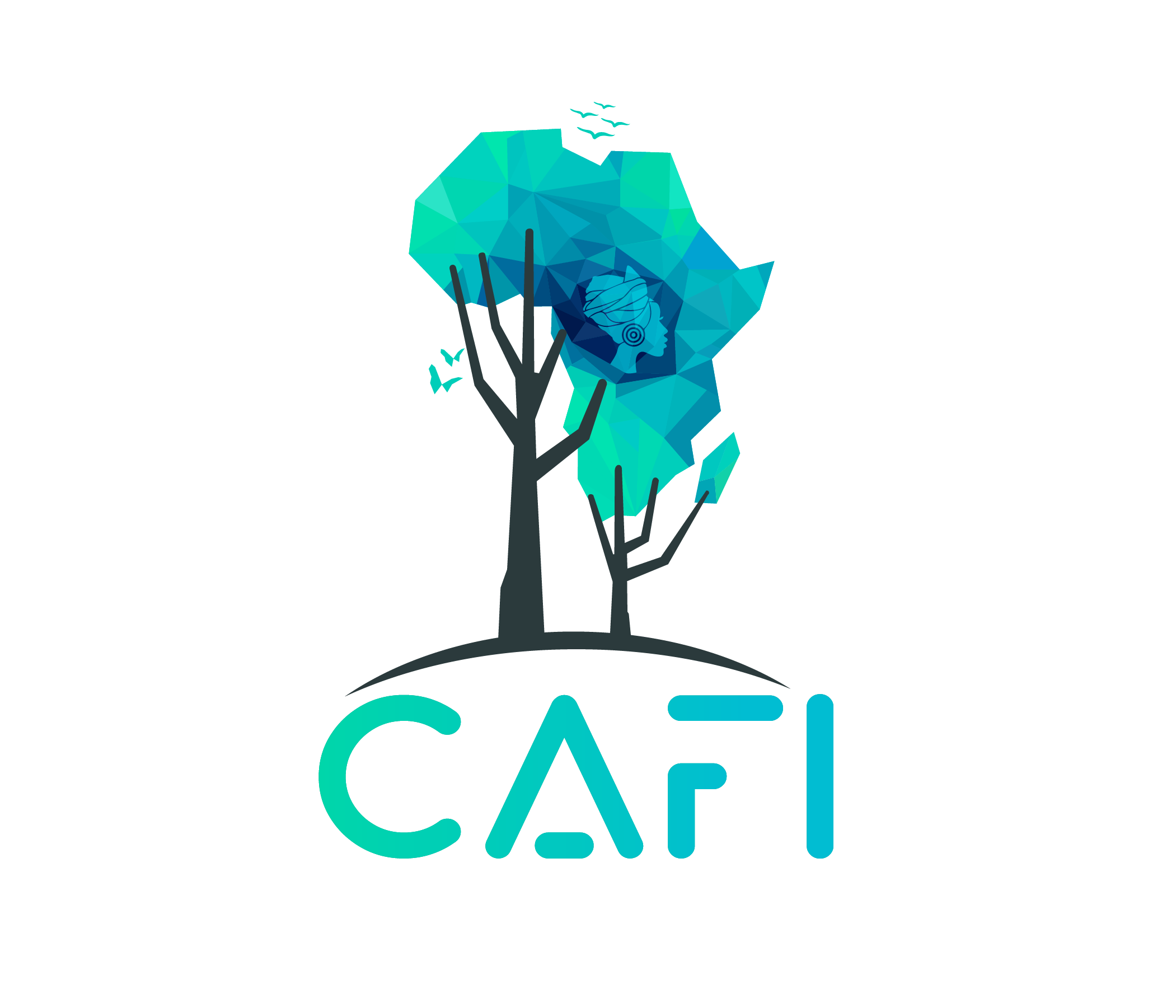Development Impact
Conservatively, it is estimated that CAFI has a direct impact on the livelihoods of approximately 301,700 people, cumulatively by the end of 2024. This number is largely dominated by DRC estimates. Indirectly, close to 13 million people’s lives have been positively improved thanks to CAFI’s support.
In DRC, most territorial projects aim to increase the median cash income by at least 10 percent for households and farmers. To assess this impact, conducting studies to estimate baseline & results on socio-economic data is mandatory as per the 2023 CAFI Monitoring and Evaluation Guidelines. While data is being collected in projects approved in 2023 and 2024, the Kwilu project has for example estimated annual income baseline data for 984 targeted households (2020-2022) to be at 258 dollars, and livestock annual revenue at 37,6 dollars. This provides a point of comparison to measure impact at project closure.
In terms of food security, beneficiaries from mature rural development projects in the DRC reported nutritional diversification and more predictable harvests, especially in the dry seasons.
163,000 households have to date benefitted from cleaner cooking solutions in the DRC, with reported savings ranging from 8% to 15% in their energy spending, depending on the type of new clean cooking energy.
It has also been estimated that 1.05 million people stand to benefit at the local level, directly or indirectly, from the 38 local community forest concessions that have received a formal title thanks to CAFI support.
3,193,965 individuals are direct beneficiaries of contraceptive methods, including 435,441 young women who benefit from long-acting contraceptive methods in 11 DRC provinces.

